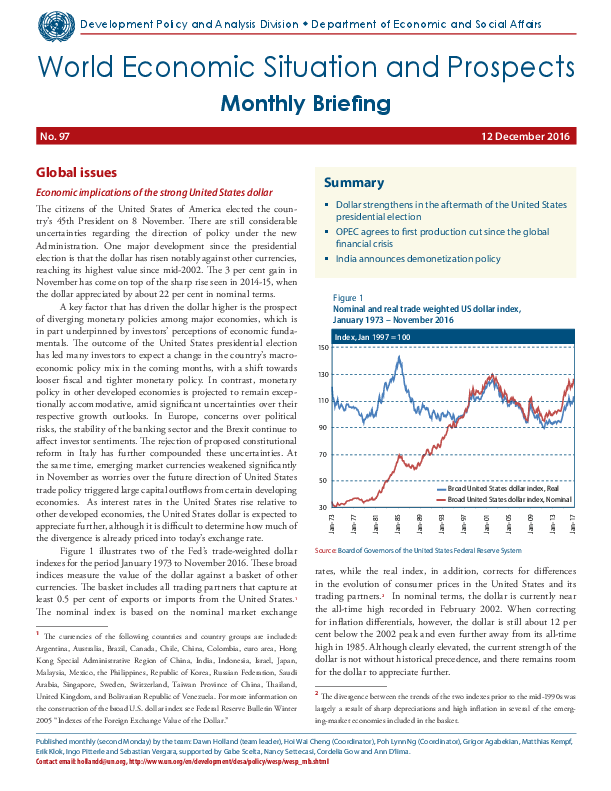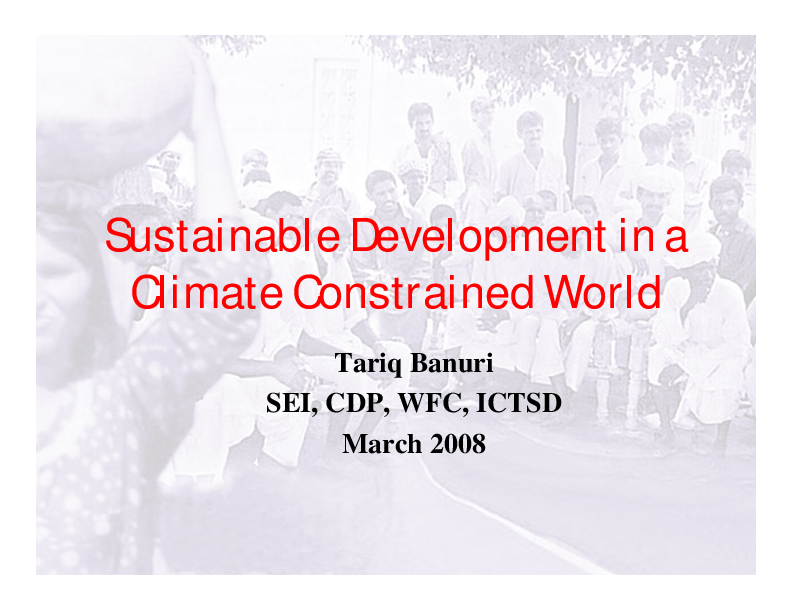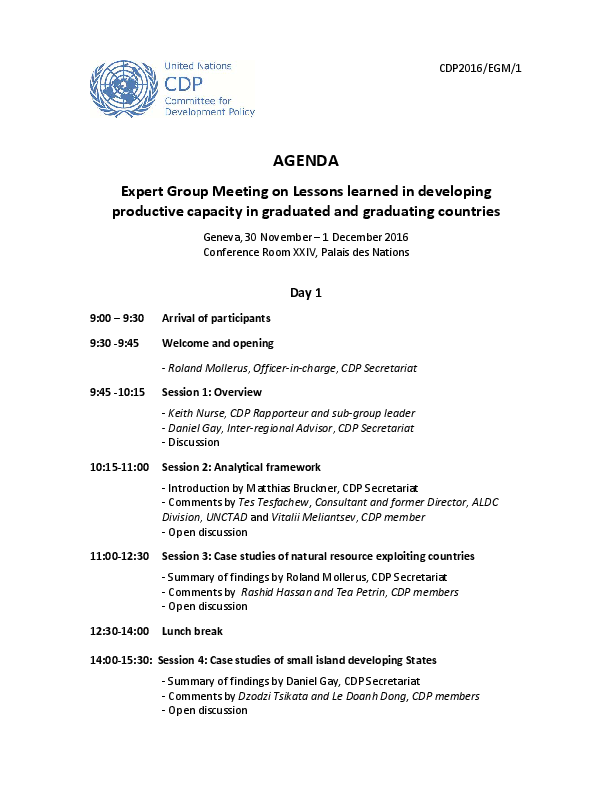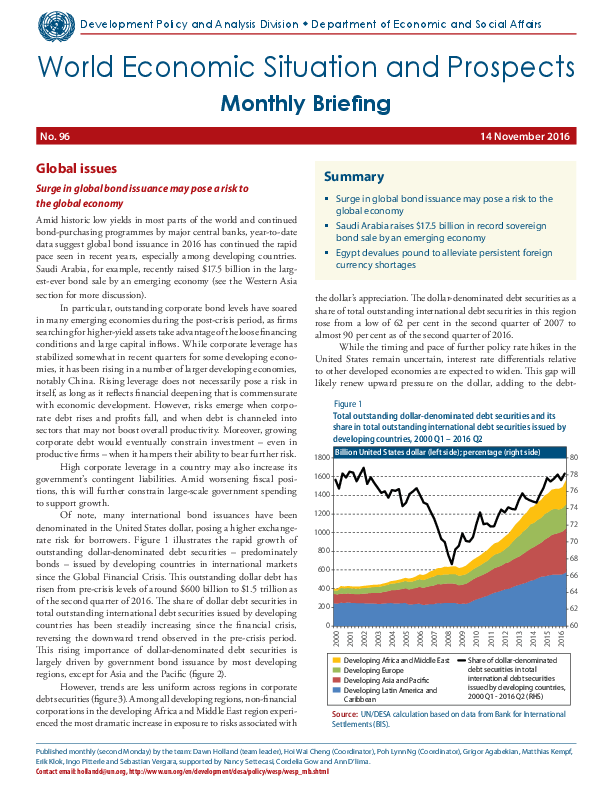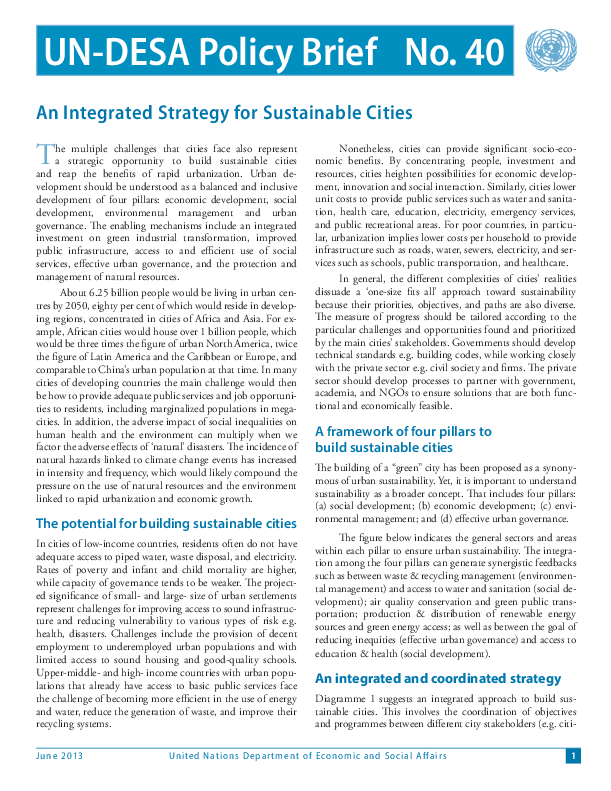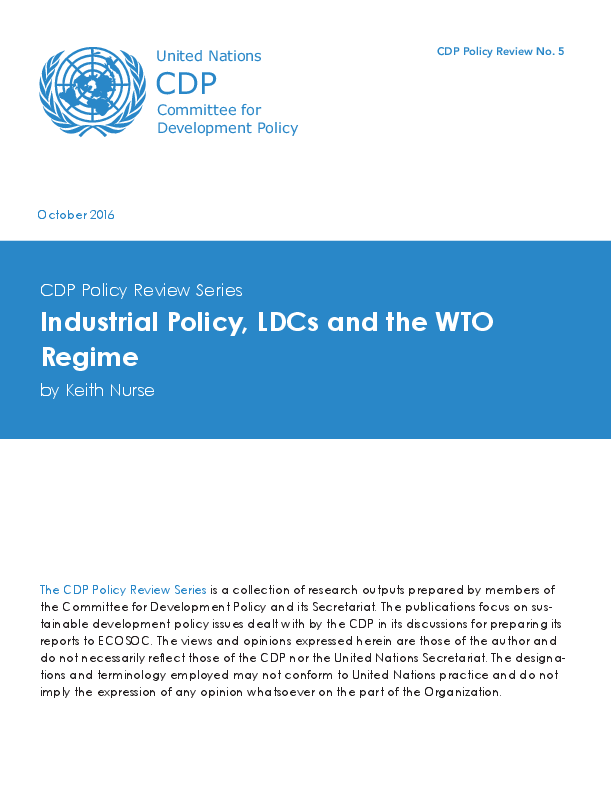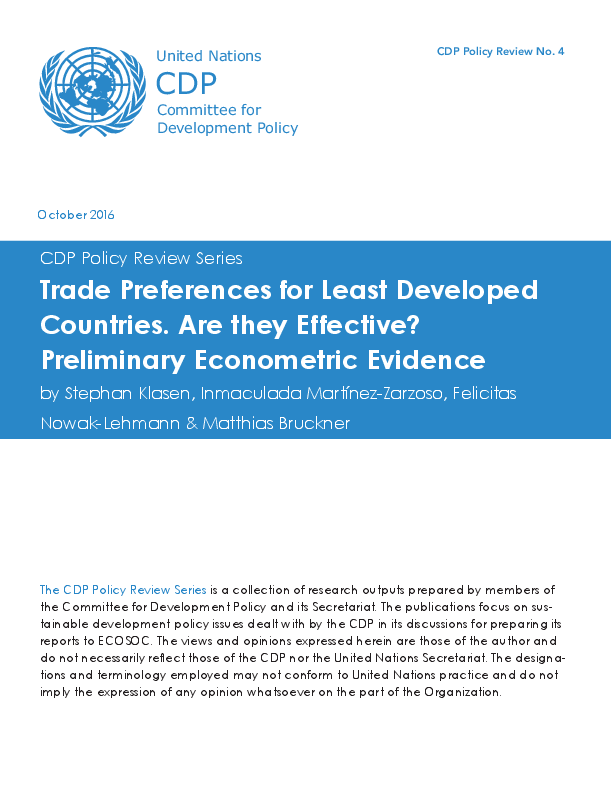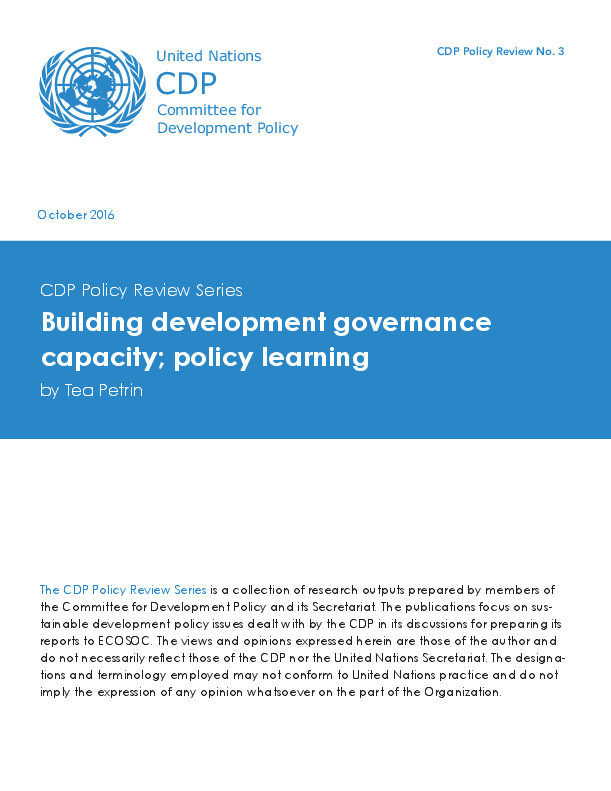Publications
Displaying 1 - 10 of 59
OPEC agrees to first production cut since the global financial crisis
India announces demonetization policy
Saudi Arabia raises $17.5 billion in record sovereign bond sale by an emerging economy
Egypt devalues pound to alleviate persistent foreign currency shortages
 Welcome to the United Nations
Welcome to the United Nations
